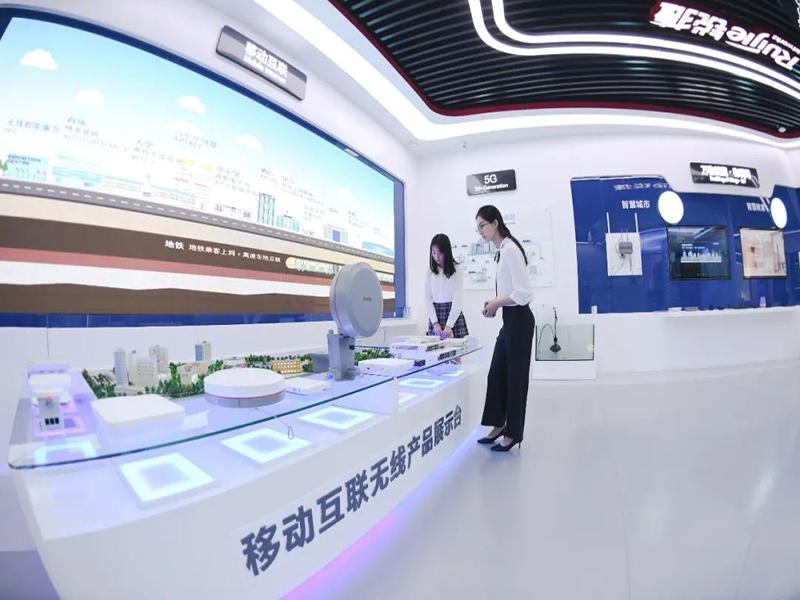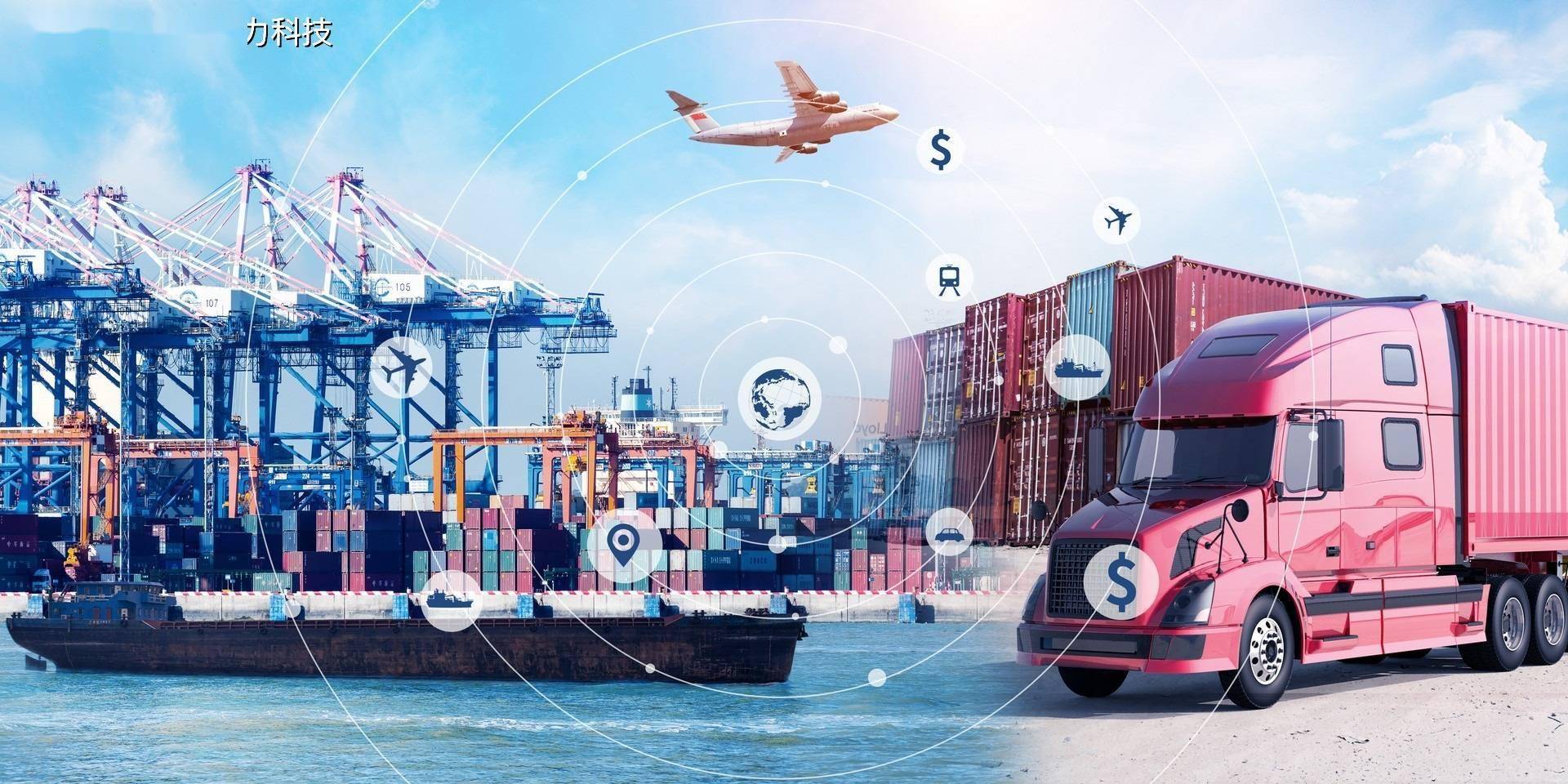Global digital trade is booming and has become a new bright spot in international trade. In recent years, China's digital trade has developed rapidly, its structure has been continuously optimized, and its international influence has been increasing. The report of the 20th National Congress of the Communist Party of China proposed to promote the optimization and upgrading of trade in goods, innovate the development mechanism of trade in services, develop digital trade, and accelerate the construction of a strong trade country.
China's digital trade is growing strongly
As an important part of the digital economy, digital trade has flourished in recent years, accelerating the integration and optimization of the global industrial chain, supply chain and value chain, and injecting new momentum into world economic growth. Digital trade generally includes digital ordering trade and digital delivery trade, where digital ordering trade refers to the trade of goods and services reached through cross-border e-commerce platforms, and digital delivery trade includes digital technology, digital services, digital products and data trade.
In recent years, China has continuously promoted the deployment of digital trade planning. The 14th Five-Year Plan for the Development of Digital Economy makes specific requirements for accelerating the development of digital trade. "Digital China Construction overall Layout Plan" clearly to optimize the digital development of the domestic and international "two environments"; The 14th Five-Year Plan for the Development of Trade in Services proposes to "vigorously develop digital trade" and "promote the digital transformation of traditional trade in services". In June this year, the Ministry of Commerce and other departments issued the Opinions on Expanding Cross-border E-commerce Exports and Promoting the Construction of Overseas Warehouses, aimed at expanding cross-border e-commerce exports and accelerating the cultivation of new momentum for foreign trade. According to the World Trade Organization, China's total trade in digital delivery services will reach 366.61 billion U.S. dollars in 2023. The development of digital trade has achieved remarkable results, with increasingly diverse application scenarios and more active relevant entities.
Digital subscription trade is growing strongly. China is the most dynamic e-commerce market in the world, and the competitiveness of digital trade is increasing. In 2023, China's online retail sales reached 15.42 trillion yuan, cross-border e-commerce imports and exports 2.38 trillion yuan, the rapid development of cross-border e-commerce has driven the growth of foreign trade.
A new generation of cross-border e-commerce platforms have accelerated the layout of overseas markets, and cross-border e-commerce entities have exceeded 100,000 in 2023. Jinyi Area of China (Zhejiang) Pilot Free Trade Zone has cooperated with a number of cross-border e-commerce platforms around the world to continuously improve the construction of digital trade format support system, and Hangzhou Area has explored the establishment of a sound digital trade development institutional framework to cultivate an internationally competitive digital industrial cluster. In 2023, the digital trade volume of Hangzhou will reach 319 billion yuan, and it will reach 430 billion yuan in 2026.
At the same time, the rapid iteration of digital technologies has supported the innovative development of digital trade. China continues to increase investment in research and development, and constantly promote innovation in key digital technologies, and technologies such as artificial intelligence, cloud computing, big data and blockchain are in the first echelon in the world. Digital technology is deeply integrated and permeated with various fields of international trade, driving the growth of service trade such as research and development and design, and promoting the deep participation of domestic enterprises in global industrial division of labor and cooperation. With the deepening of digital transformation, foreign trade enterprises fully tap and utilize their own data resources, optimize production and operation strategies with the help of big data, accurately connect with customers, and improve market development capabilities and brand cultivation capabilities. The digitalization of whole processes such as logistics, warehousing and payment promotes trade efficiency, value growth and structural optimization. For example, in the logistics sector, through the use of electronic trade documents, the use of digital means to improve the processing speed of documents and reduce operating costs. In terms of after-sales service, foreign trade enterprises use after-sales intelligent diagnosis and remote support tools to greatly improve service efficiency. Digital technologies reduce international trade information and transaction costs, help smes participate in the division of labor in the global value chain, and the emergence of internationally competitive specialized and unique small and medium-sized enterprises has promoted the innovative development of digital trade.













